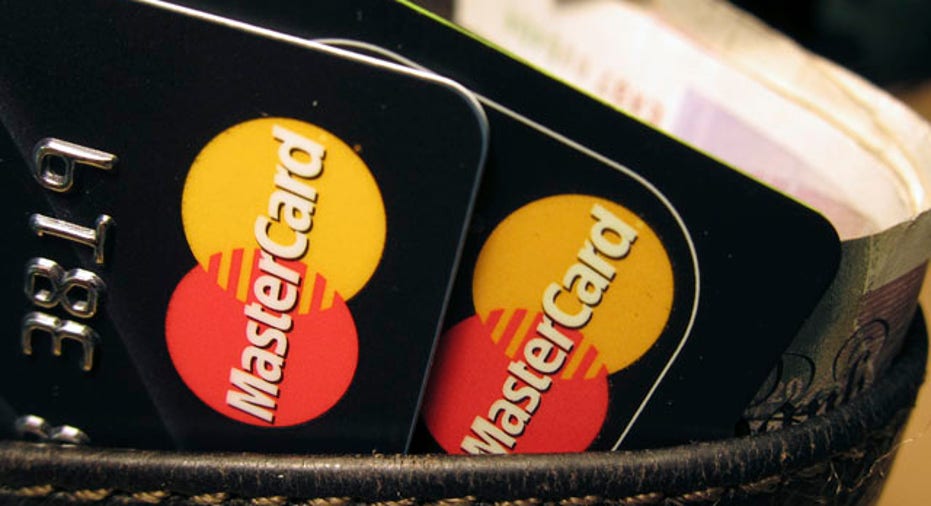Problem: Son Uses Dad's Card After He Dies

Dear Opening Credits,
I have a Chase credit card that my father helped me get 20 years ago. I have always paid the bill and was the only person to make charges. I always thought it was a joint account, but I was told recently by Chase that I was just an authorized user. Dad passed in 2011, and now mom has passed as well. Their estate was in a trust that is now irrevocable. Once the ad has been posted in the newspaper that both parents have passed and the four-month time period has lapsed for creditors to make a claim, am I liable for the card balance? If so, is it just the charges since his death?
- Steve
Dear Steve,
What an interesting situation! It's surprising that you were unaware of the card's true ownership. Had you pulled a copy of your credit report in any of those two decades, you'd probably have noticed a notation next to the account indicating that you're an authorized user.
Nonetheless, it appears that access to the card was advantageous. You charged with it and handled the payments. Your credit report indicated all that activity, too, and assuming that you constantly paid on time and kept the debt low, you were able to build a healthy credit rating.
Unbeknownst to you, however, the account was the sole property of your father. That means that as an authorized user, you are not actually liable for any balance you may have run up. The reason for this lies in the initial contract. The issuer did not use your credit history as a factor when granting credit in the first place, just your dad's. They gave it to him, and he added you as a guest.
The problem is that when your dad died, you were not supposed to charge with the card anymore. It is against the law to use a deceased cardholder's account. Upon the owner's passing, your privileged status as authorized user technically ended.
But because you believed that you were on the contract, you continued to spend with the card as you had been before. Had you been an owner, you'd definitely be on the hook for any debt that remained during and after your dad's death.
So the question remains: Are you liable for a balance that you incurred on a card with which you initially had no legal contract?
To find out, I had a little chat with Glen Ayers, an attorney who specializes in credit and collections. Can the bank that issued the card come after you if you don't pay? His answer was a firm "maybe."
You weren't on the original agreement, and that would normally protect you. Yet you were operating on the assumption that you were responsible. You actively borrowed money from the credit issuer and used it to buy the things that you wanted, intending to pay it back. Now you're looking for a payment loophole.
In this case, says Ayers, the creditor may very well call foul. Depending on the amount owed, it is possible that they may pursue fraud charges against you.
That's the legal side of the coin. The other side is ethical, and that is far more clear. The right thing to do is make good on your debts.
If you want to find a lawyer to represent you and fight the matter, you can probably secure someone to do so. The problem with that option is that is comes with its own costs, so you may not come out ahead in the end anyway. My advice? Just pay the bill.
See related: Who pays card bill after parent dies?



















